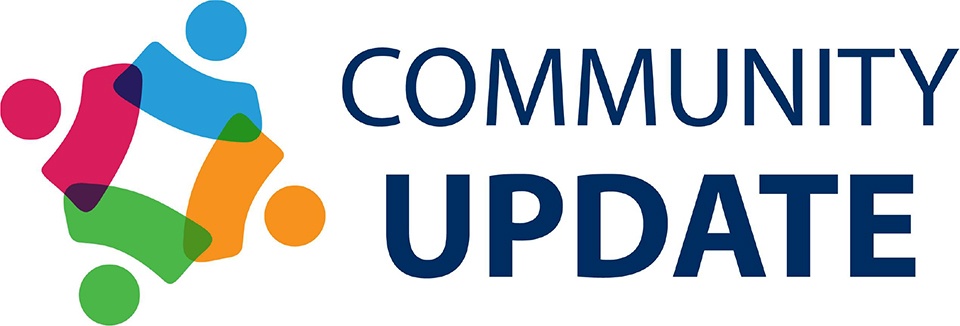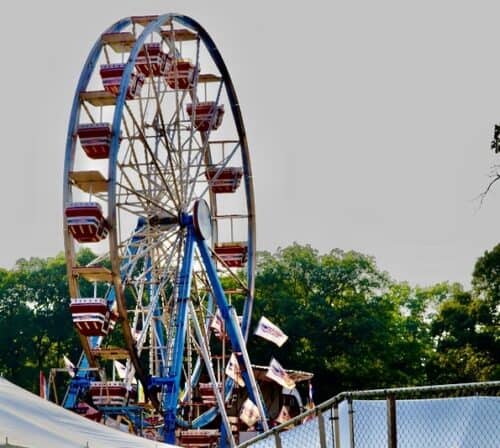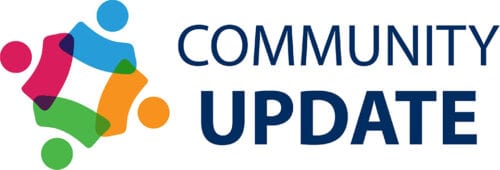Like 9/11, COVID-19’s Toll Set To Shape a Generation

This story is being republished under a special NJ News Commons content-sharing agreement related to COVID-19 coverage. Link to FULL story: njspotlight.com/2021/09/9-11-covid-19-pandemic-share-public-health-commonalities-struggles-mental-health/
The coronavirus struck nearly 20 years after the terror attacks in the United States on 9/11 and in a drastically different manner: slowly at first and essentially invisible, a far cry from the explosions after airliners slammed into Manhattan’s Twin Towers with the scene immediately beamed worldwide.
But the two crises—which will likely shape generations of New Jerseyans—share certain commonalities when it comes to public health. Both disasters prompted unprecedented levels of anxiety and depression, especially for those intimately involved in the response, experts note, and are likely to have long-lasting impacts on individuals, families and communities.
Both 9/11 and the COVID-19 pandemic have led people to view the responders—firefighters and emergency medical personnel then, and nurses, doctors and other caregivers today—as heroes, a term experts acknowledge can be good and bad. Sometimes the “hero” label can prevent these responders from seeking help for their own mental health or substance abuse issues, clinicians said, and those who endured 9/11 may find it even harder to handle with the pandemic stress of today.
“If you are dealing already with mental health issues, anything pre-existing, you don’t bode well if there is some kind of major trauma,” explained Jodi Streich, mental health director for the World Trade Center Clinical Center of Excellence at Rutgers University, one of a network of federal programs set up in the wake of the terrorist attacks to assist responders and others who experienced health issues as a result of their time at ground zero.
“The health care workers are now our first responders,” Streich said, and they face a similar strain as those who rushed in to save lives when the World Trade Center towers collapsed.










